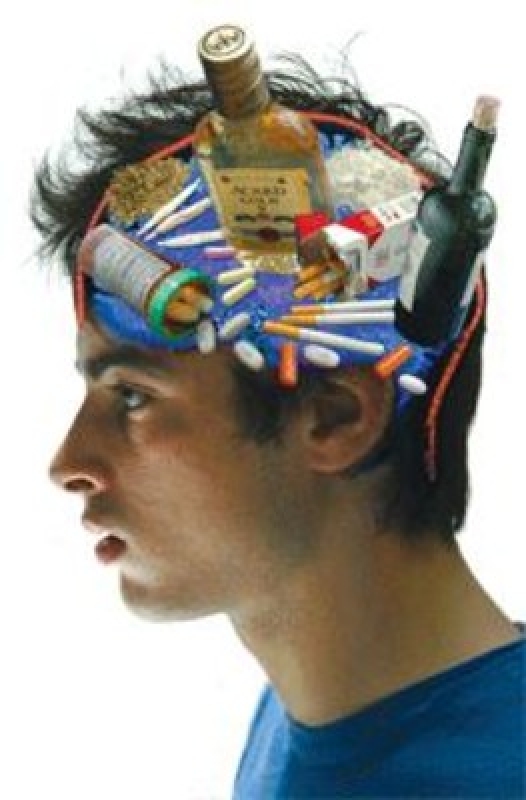Understanding Addiction as a Brain Disease
Scientific research has shown us that addiction is a chronic, relapsing disorder which responds to appropriate treatment in much the same way as other chronic illnesses like diabetes, hypertension and asthma.
A common misconception about people addicted to alcohol and other drugs is that they have brought this upon themselves, that their addiction, it’s negative behaviors and consequences are self inflicted and therefore all the addict or alcoholic needs to do is ‘pull their socks up’.

Some people say “Surely it’s because alcoholics and drug addicts lack sufficient willpower, strength of character or are just below par intellectually, that they get themselves into this mess in the first place?!”
Unfortunately people addicted to drugs and alcohol don’t “just keep on choosing” to drink and use despite all the negative consequences. Today, thanks to medical science, it has been proven that addiction is a brain disease.
Addicts cannot control their desperate need for drugs regardless of the negative consequences of their addictive behaviour. This lack of control has been caused by the changes in the brain due to excessive drug use and contributes towards the patients behavioural changes.
Dr Nora Volkow, the Director of the National Institute on Drug Abuse in the United States, believes that the brains of people who are addicted have been modified by the drugs.
She says, “Absence of the drug makes a signal to their brain that is equivalent to the signal of when you are starving.” She says that the signal is so powerful that the individual’s state of deprivation causes him to believe that it is absolutely necessary to take the drug for survival.”
With prolonged use, addictions become more serious. The addictive progression is measured by the following:
- Amount of drug used
- Frequency of drug use
- Context of drug use
As the condition worsens, addicts require more drugs, more often and they use drugs in circumstances where they never would have in earlier times. As this more risky drug use increases so do the consequences thereof and the illness becomes more difficult to treat. The resulting health ailments, social, financial, legal and family consequences become worse and everything spirals downward.
Having said all of this and painted a realistically bleak picture of an actively addicted person, please understand that none of this excuses the addict to a life of helpless victim. The individual needs to take responsibility for his or her own behaviour and recovery from addiction. However, it does explain how an addict cannot stop drug abuse by force of will alone.
In order to understand that addiction is a brain disease, it helps to look at other chronic diseases and draw parallels. Asthma, diabetes and hypertension are all influenced to a large degree by eating patterns, exercise, smoking, drinking and other behaviours. The patient cannot help certain parts of the illness, however he needs to take responsibility and care for his body in a way that aids recovery. It is the same with the addict.
Whilst addicted people are not responsible for their illness, they are responsible for their recovery. People in recovery from addiction need to take responsibility for the initial choice to try drugs. What other choice could they have made to deal with their fears and struggles etc. Once addicted though, his or her brain has been altered by prolonged drug use and their addiction takes on a life of its own. However, with the right kinds of support and proper addiction treatment, the addicted person can begin to make the right choices for recovery and follow them through.
Back to Understanding Addiction | Symptoms of Addiction
Alcohol Rehab Services - Feedback & Reviews
What do our customers think of this service?




 4.8 stars - based on 71 reviews
4.8 stars - based on 71 reviews



